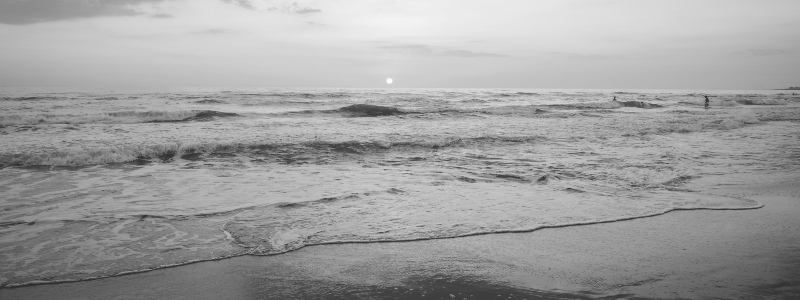Everybody loves Christmas. That’s a fact. At least if you watch how it is portrayed by the media and subscribe to the collective mania of ‘preparing for the big day’……….
Of course, the reality is that many of us find Christmas difficult and for some it can feel unbearable. We have the statistics for this – the Samaritans charity experiences its highest call volume over the so-called festive period, suicide rates increase and mental health professionals such as myself experience an uptick in enquiries.
Why is this?
I have written blogs and contributed to articles in the press on the reality of Christmas for many people and yet despite my small efforts and those of many others in my field, there remains a taboo around acknowledging how hard this time of year can be for many people, and an expectation that we will all somehow collude with the manic hysteria of turning the day into some sort of magical experience that eradicates both the memory and the reality of complex family dynamics.
In my view, Christmas should really only be magical for one group of people and that is children. It is a developmental experience to believe in the unbelievable and children are not only susceptible to this but also have an interesting way of denying reality even when it is staring them in the face. I think this is part of the ordinary process of slowly coming to terms with both the reality of the world and our lack of control over it. However, aside from children, there is no benefit to adults in believing there is anything magical about Christmas or any other day.
Having spent many years working with the bereaved, I am acutely aware that after a bereavement, it is the anniversary dates in the first year following the death of a loved one that can be most difficult – the first birthday, the first wedding anniversary and the first Christmas. And it is often these anniversary dates that continue to bring forth the loss for many years to come.
All Families are Psychotic
All Families are Psychotic is the title of a book by acclaimed Canadian novelist, Douglas Coupland, and whilst I do not take it literally, the human condition and the meaninglessness of life is most certainly a theme in Coupland’s work.
And whilst I am not seeking to minimise psychosis, there is something somewhat delusional about how the collective (society) colludes and invites merger around the fantasy that all is well in the family and ‘there’s nothing to see here’. This, for me, is akin to the child’s magical approach to Christmas and it’s unhelpful.
For the member(s) of such a family who feel frustrated and lonely with the lack of true connection, which I define as the ability of each member of the family to bring their needs into the mix and negotiate together, this invitation or expectation to collude can feel especially alienating and, combined with external pressures, can make them feel wrong.
Now of course there are plenty of families where the relationships are based on mutuality and love and they may also enjoy Christmas. However, the paradox here is that because the relationships are real, there is no need to whip everyone up into a manic state of hysteria around just how perfect the day is – the day can be good enough and each member of the family can have their own experience.
Christmas is not magical but it is powerful
Of all the anniversary dates that can bring forth unresolved or simply painful grief, Christmas is especially powerful for two reasons: firstly, there is a collective expectation placed upon the day that somehow it has the power to heal rifts and paper over grievances – which it does not have; and secondly, for many adults of conflictual families, historically much of the conflict would have come to the surface at Christmas.
Children growing up in homes where there is not enough money to create the ‘fairy-tale’ Christmas, where there is only one parent, where extended family do not feature, or where their parents are in conflict, all have the propensity to carry these feelings forward with them, only to find themselves revisiting them as a Ghost of Christmas Past each year.
What can you do if you find the day tough?
Even if those around you – and the collective is absolute on this – don’t or can’t acknowledge that the day is tough for you, or that you are having feelings other than ‘joy’, it does not mean that you are wrong.
- Acknowledge in advance to yourself that it is a difficult day.
- Consider whether you have someone you can trust with your feelings who will be able to accept them without attacking you or abandoning you.
- Accept that you have your reasons for disliking Christmas.
- Consider in advance of the day what you want from Christmas – even if this in an ideal world. Begin there and then work with what you are choosing or have to do.
- Remember that it is only a day and that it will pass.
Mark Vahrmeyer, UKCP Registered, BHP Co-founder is an integrative psychotherapist with a wide range of clinical experience from both the public and private sectors. He currently sees both individuals and couples, primarily for ongoing psychotherapy. Mark is available at the Lewes and Brighton & Hove Practices.
Further reading by Mark Vahrmeyer
Why do some of us feel a constant sense of dread?
Is there a good way to break up with someone?
Can self care become an identity?




